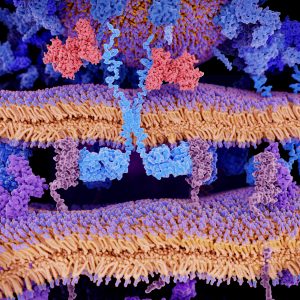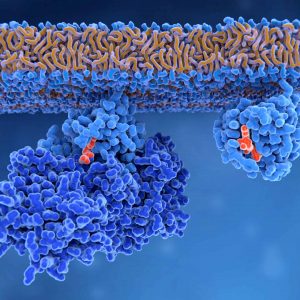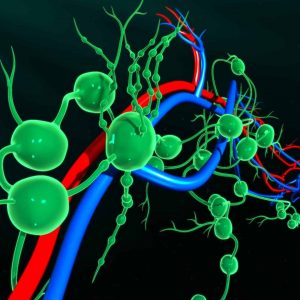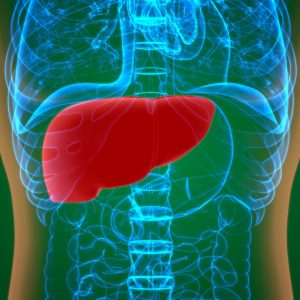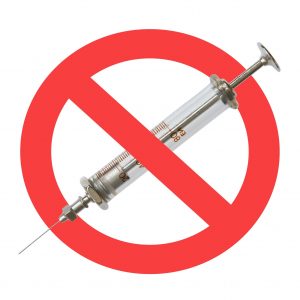The Ultimate Guide to Oncology
A Short History of Oncology Drug Development
Humans have practiced oncology — the study and treatment of cancer — since long before the invention of the scalpel. The history of oncology drug development is a testament to the relentless pursuit of treatments for one of humanity’s most challenging diseases. Let’s explore oncology drug development through the ages, from an ancient Persian queen to groundbreaking modern advancements in immunotherapy. Challenges with translation, record-keeping, and ancient medical misunderstandings can complicate matters for historians hoping to explore the history of medicine. However, when it comes to oncology, one thing is certain: Humanity has waged war against cancer for centuries.
To learn more, view Oncology Drug Development: A Short History

The Current State of Affairs of Oncology Drug Development
Death rates for cancer are lower than ever, having declined as much as 33 percent since 1991. This is largely thanks to innovations in oncology drug development, which has seen unprecedented progress in recent years. From advancements in chemotherapy to the development of highly targeted drugs involving monoclonal antibodies, the current state of affairs in the oncology drug development space is promising — for doctors, patients, and caregivers alike. Biomarker testing is the first step for many individuals diagnosed with cancer. After a diagnosis, many oncologists will examine biological factors including a patient’s genes and proteins — otherwise known as biomarkers — to gather insights into the patient’s unique type of cancer.
To learn more, view Oncology Drug Development: The Current State of Affairs

The Future of Oncology Treatment
The future of oncology holds immense promise, thanks to the tireless efforts of medical researchers. From innovative oncology drugs like antibody-drug conjugates to advancements in artificial intelligence (AI) for diagnostics, cancer care has never been more effective or more accessible. Today, the possibilities for the field are virtually endless. So, what does the future of oncology look like? To show just how promising the future of oncology might be, researchers cite one intervention in particular: immunotherapy, which involves the use of genetically modified cells to stimulate the immune system, thereby destroying cancer cells. Oncology is currently experiencing what some refer to as the “golden age of immunotherapy,” the result of decades of careful study into the human immune system.
To learn more, view The Future of Oncology Treatment

Oncology Studies at QPS
Oncology is the branch of medicine that deals with the prevention, diagnosis, and treatment of cancer. It is a rapidly evolving field that is constantly incorporating new research and innovations to improve the outcomes and quality of life of cancer patients. Cancer continues to be a major cause of mortality worldwide, necessitating the ongoing need for clinical trials. However, clinical research in oncology presents several challenges. Multiple new agents are being tested for multiple new targets and managing this requires precise clinical expertise.











